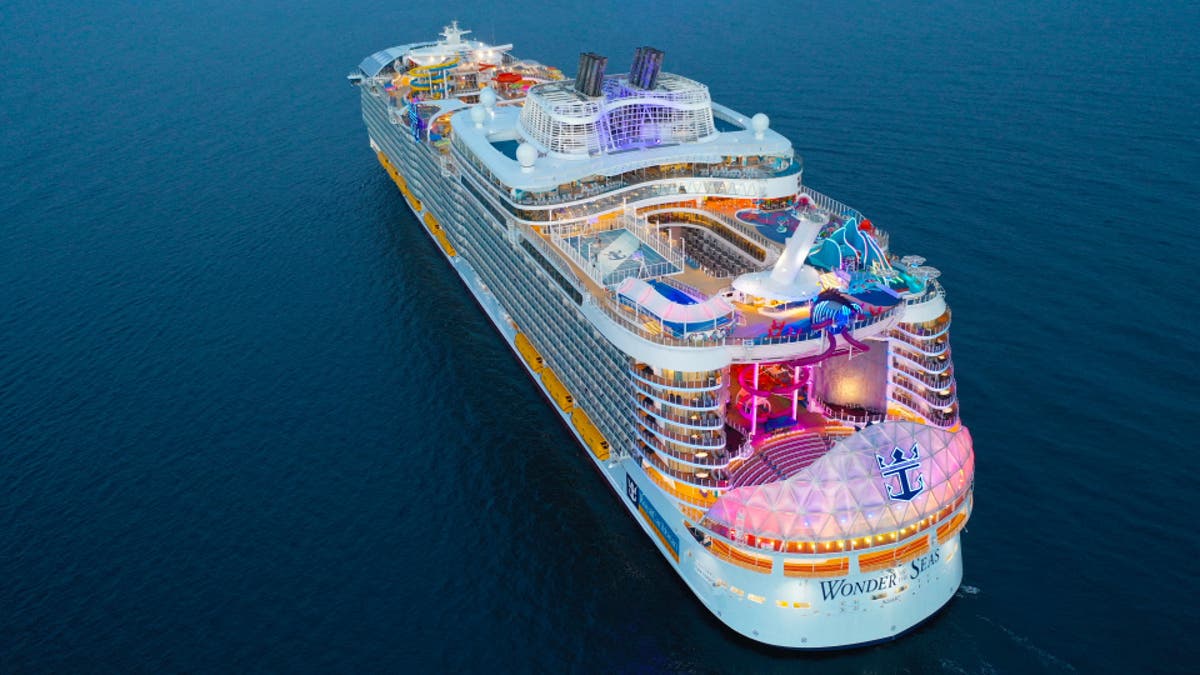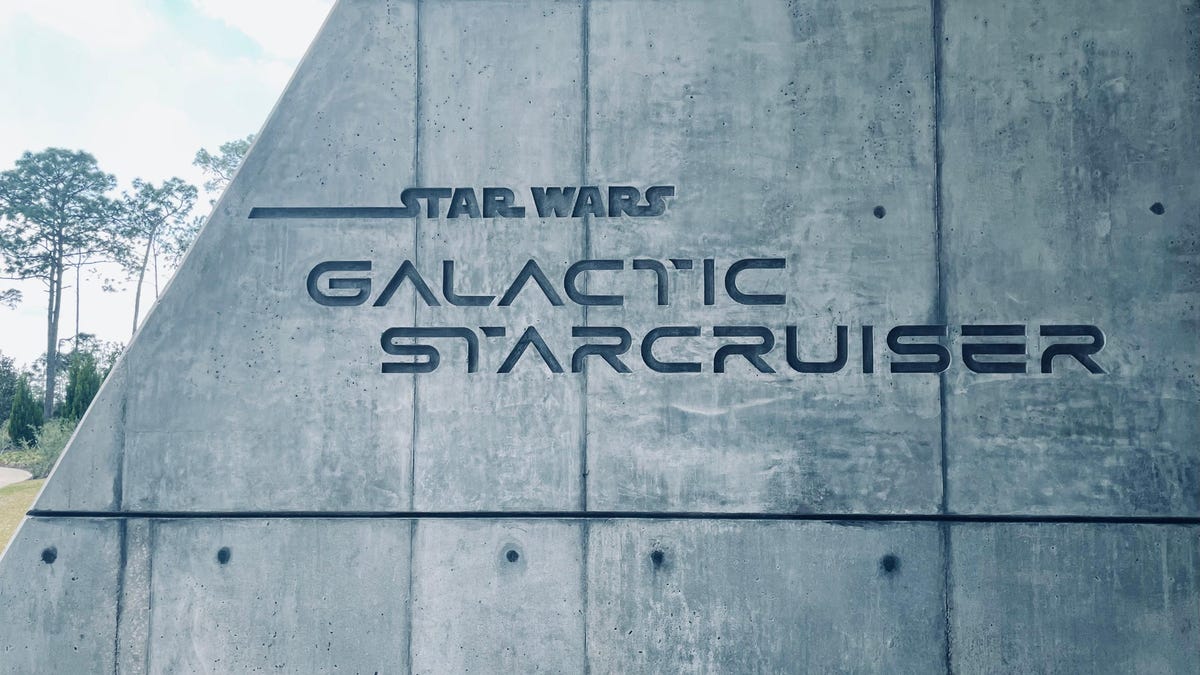The luxury capsule transporting tourists to space from 2025 – with a £100k price tag
Prepare for jaw-dropping views on this six-hour commercial flight


Sign up to Simon Calder’s free travel email for expert advice and money-saving discounts
Get Simon Calder’s Travel email
Space Perspective, the ultra high-altitude tourism company, has unveiled a test capsule for its Neptune spacecraft which could transport travellers to the very edge of space by 2025.
The pressurised capsule is set to embark on its first unmanned test flight in the coming weeks, in the hope of launching commercial flights next year.
According to the company, it will be the largest human spacecraft in operation, with room for eight passengers and a captain.
And unlike its competitors, Virgin Galactic and Blue Origin, guests won’t have to contend with G-force or zero gravity.
Instead, passengers can look forward to sipping a cocktail in the “space lounge”, which has a fully-stocked bar, high-speed wifi and music (we’d love to curate that playlist).
The new capsule is unveiled
(Space Perspective)
At 4.9 metres in diameter, the spaceship is two times larger in volume than its rivals and includes a fully functioning toilet – useful, as the trip will last six hours, significantly longer than Virgin Galactic’s 90 minutes to two hours, or Blue Origin’s 11-minute ride.
Its size also accommodates the largest windows ever flown to space, according to the company, perfect for snapping the ultimate selfie and gawping at the jaw-dropping views.
And the price for venturing to the edge of space? A cool £99,031.
Space Perspective describes the craft as “the safest, most luxurious and most responsible way to experience space”.
Space Perspective co-founder Taber MacCallum, who established the company with his wife, Jane Poynter, in 2019, said: “The space capsule is like nothing the world has ever seen.
“We are on the cusp of a staggering shift – not only in the way we humans experience space but also what we conjure in our minds when we think of the spaceship that gets us there.
“We are redefining the category and paving the way for accessible space travel for years to come.”

 MikeTyes
MikeTyes 
































